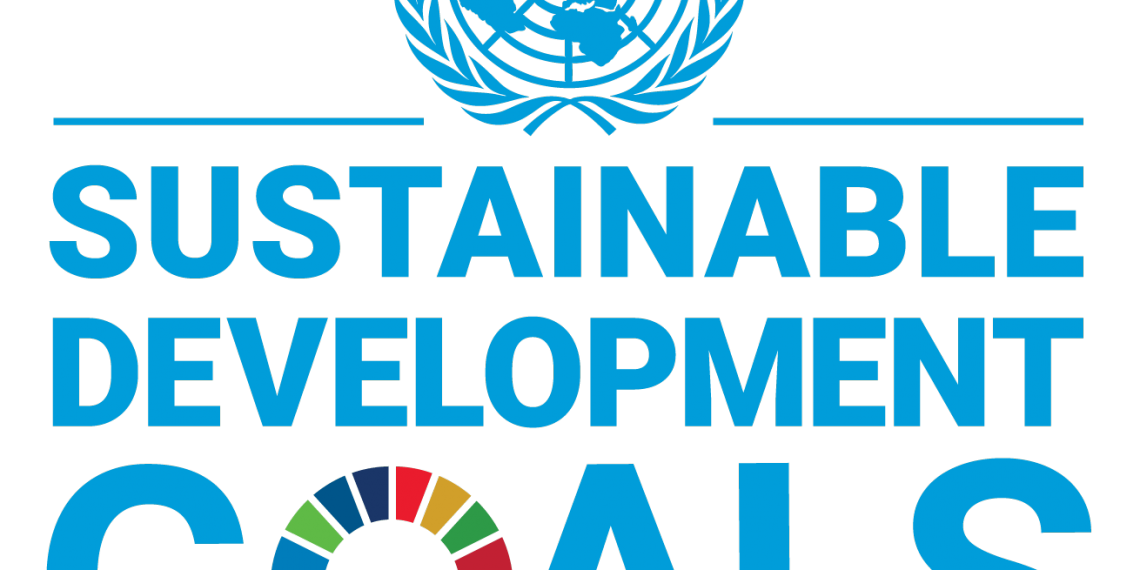Report on 2019 Climate Action Summit cites need for major emitters to step up, urgency of no new coal, and jobs and a just transition, among other key priorities
Madrid, 1 December—With the latest data showing global warming-causing emissions still on the rise, UN Secretary-General António Guterres today set out ten priority areas where much more action is needed to keep a 1.5C future within reach.
In his report on the 2019 Climate Action Summit and the road ahead, the Secretary-General said he would work to ensure climate change remains on the forefront of the international agenda, including through:
- Convening high-level platforms for countries to present strengthened national climate plans
- Pushing financial actors to speed up the shift from the grey to the green economy
- Facilitating dialogue between countries and stakeholders
- Coordinated engagement of the UN System, among other key steps
September’s Climate Action Summit delivered important new actions, a surge in climate momentum, and a clear destination: 45% emissions cuts by 2030, on the way to a carbon neutral world by 2050. The gathering, which drew leaders from across government, business and civil society, also highlighted where much more action is needed.
The Climate Action Summit produced 42 multi-partner initiatives in 12 critical areas, and many more commitments and announcement from countries, business and civil society organizations. According to the report, the Summit provided a clear direction of travel for action while reinforcing the goal of limiting climate change to 1.5°C by 2050 as a long-term objective, with countries needing to articulate what they will achieve by 2020 and in the mid-term, by 2030.
In addition to youth leaders participating directly in the Summit alongside global leaders, the Secretary-General also convened the first ever Youth Climate Summit, proving a platform at the UN for young people to share their concerns, ideas and solutions for greater climate action.
The Summit also demonstrated political leadership with 70 countries committing to deliver more ambitious climate plans, or NDCs, in 2020. While these countries represent a significant portion of the world’s population, they account for less than 10 percent of the world’s GHG emissions. If none of the major emitters formally committed to more ambitious NDCs, some of them “committed to commit” by the end of 2020. Finally, 75 countries committed to deliver 2050 net zero emissions strategies by 2020.
Many of the strongest outcomes from the Summit came from the private sector. Coalitions of leading companies also stepped up, across key sectors such as shipping, food and beverage, urban transport and building, and the Net-Zero Asset Owner Alliance, which comprises 12 Asset Owners, allocating more than US$2.4 trillion globally committed to the full transition of all investment portfolios to net zero by 2050, with strong intermediate targets every 5 years.
The Summit highlighted how climate action can have meaningful impacts on people’s lives, including on their jobs and health, and therefore showed the need to align policies and systems to speed up the implementation of both the Paris Agreement and the Sustainable Development Goals (SDGs), leaving no-one behind.
Setting priorities for 2020
Much more needs to be done. In his report, the Secretary-General highlights ten priority areas for 2020:
- Securing commitments from the main emitters of more ambitious national commitments
- All countries coming forward with 2050 carbon neutrality commitments.
- Increasing the ambition of national commitments in sectors that were not fully taken in account in the past, such as the use nature-based solutions
- Tackling the social dimension of climate change by ensuring that national commitments include a just transition for people whose jobs and livelihoods are impacted
- Curtailing current coal capacity and ensuring no more new coal power plants are built after 2020.
- Accelerating the transition to 100% renewable energy
- Accelerating the shift of the financial flows, pushing on carbon pricing to tax pollution not people, and ensuring access to sustainable finance
- Stepping-up support for people affected by climate change and making the shift towards a resilient future.
- Delivering on commitments made at the Summit to Small Islands Developing States and Least Developed Countries.
- Implementing the Summit’s initiatives aiming at the deep decarbonization of key economic sectors
The report is being released during the UN Climate Conference in Madrid, where the international community is working on key issues relating to implementation of the Paris Agreement, so it can reach its full potential.
“It is five minutes to midnight in the global climate emergency. Carbon pollution must stop rising in 2020 and start falling to keep the Paris Agreement goals within realistic reach,” Secretary-General Guterres said. “We are a very long way behind, but there is still reason to believe we can win this race. The next 12 months will be crucial.”
The latest data from United Nations Environment show that emissions must stop rising in 2020 and fall in the order of 7.6 percent every year to 2030 to keep the 1.5°C goal within reach.
On the eve of the Summit the Secretary-General announced the appointment of Mr. Mark Carney as his Special Envoy on Climate Action and Finance. Mr. Carney will have a focus on ambitious implementation of climate action, with special attention to significantly shifting public and private finance markets and mobilizing private finance to the levels needed to achieve the 1.5°C goal of the Paris Agreement.
For further information, please contact Dan Shepard, UN Department of Public Information, 1 212 963 9495, M 646 675 3286 email shepard@un.org, or Matthew Coghlan, Climate Action Summit Team, matthew.coghlan@un.org



